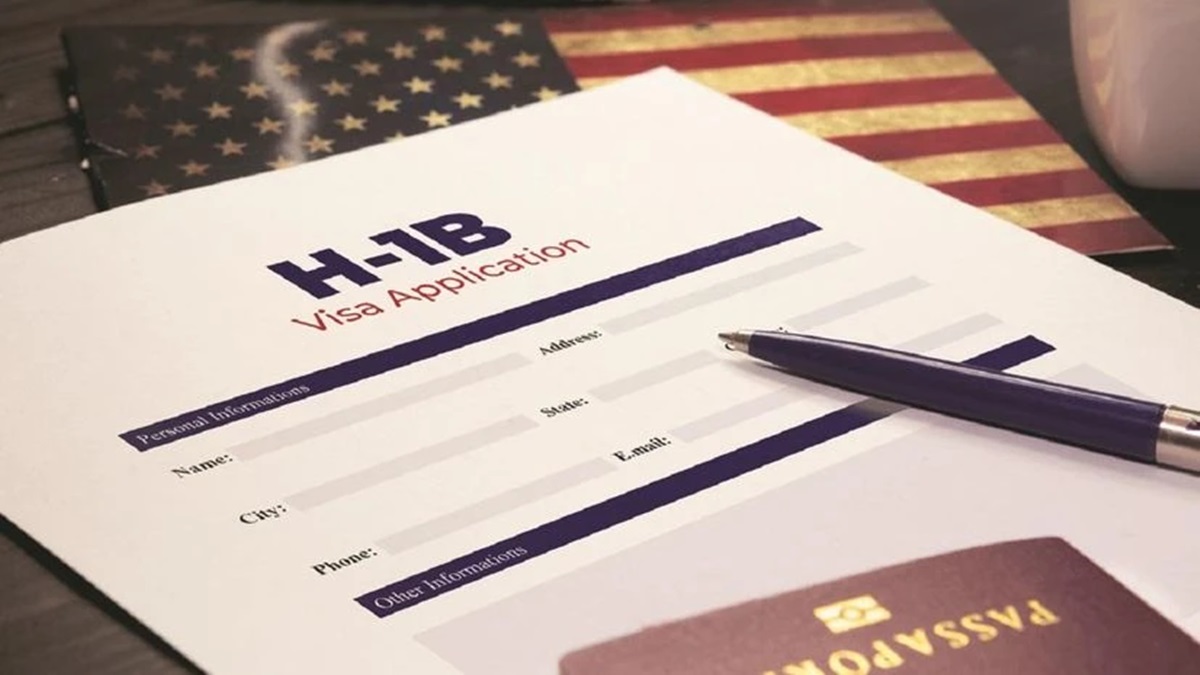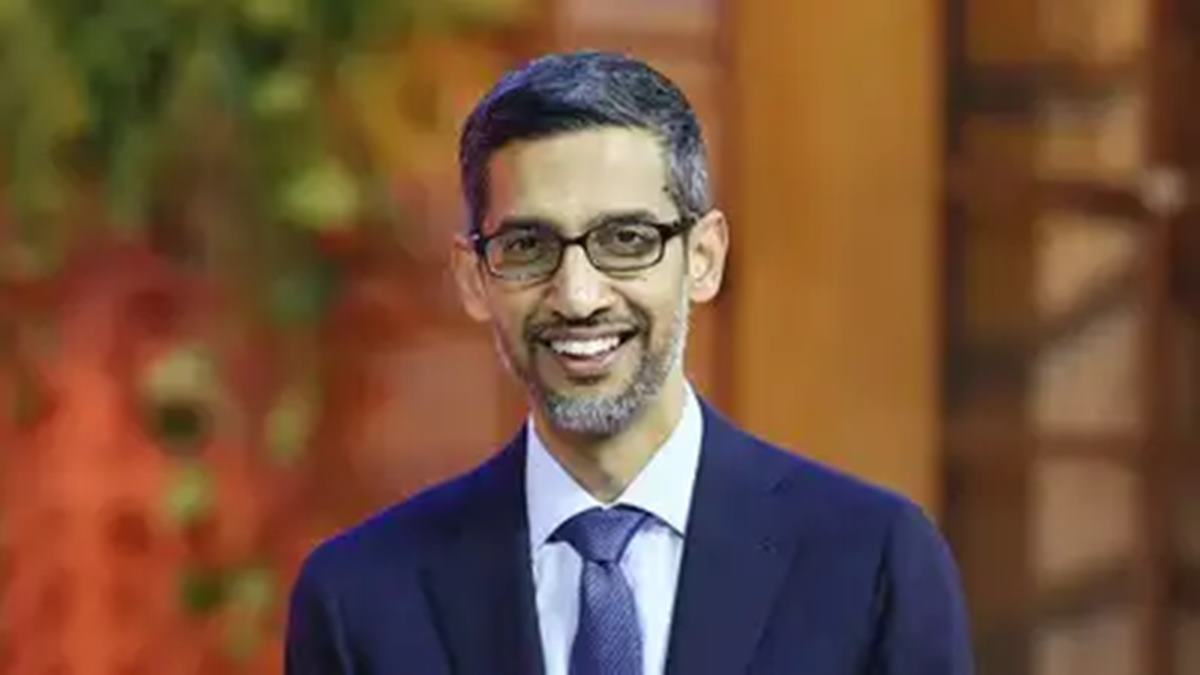Faced with tightening visa rules and suspended F-1 appointments under Donald Trump’s presidency, Indian students eyeing a US education are charting a new route — through their family’s bank accounts. As political uncertainty clouds traditional student visa pathways, families are increasingly embracing the EB-5 investor visa to lock in permanent residency.
The EB-5 visa offers a direct path to a US Green Card in exchange for a minimum investment of $800,000 (approximately Rs 7 crore) into a qualifying American business. Once the domain of H-1B visa holders, the program is now drawing a fresh wave of interest from F-1 student visa holders — particularly those in high-demand fields like computer science, biotechnology, and finance. Immigration consultants report a 100 percent surge in inquiries from students over recent months.
With an annual cap of about 700 EB-5 visas for Indian nationals, including dependents, demand far outstrips supply. More than 86,000 Indian students are currently enrolled in American universities, placing added pressure on an already strained system.
The shift is driven by a combination of tightened regulations, visa renewal hurdles, and heightened scrutiny under the US SEVIS system. “There are even concerns about social media checks,” said one immigration expert. High-profile confrontations, such as the Trump administration’s standoff with Harvard University over international student policy, have only deepened the anxiety.
For many families, the EB-5 programme now serves not only as a migration strategy but as a safeguard. “It’s not just about securing education anymore,” said another consultant. “It’s about future-proofing against immigration policy shifts.”
But the route is far from frictionless. The limited annual quota means some applicants could face lengthy wait times potentially undermining the visa’s appeal as a fast-track option.
Still, the US continues to be the top destination for Indian students seeking higher education. For those who can afford the premium, the EB-5 visa remains a compelling alternative: offering permanent residency, fewer employment restrictions, and a clearer road to citizenship.




















